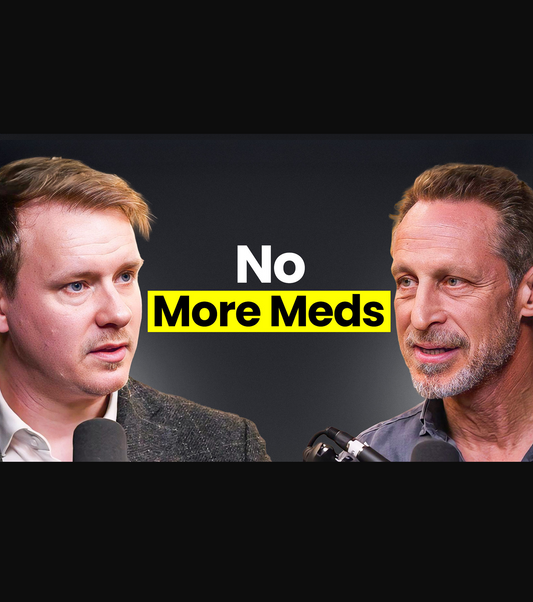Overview
In today’s world, we are seeing an epidemic of ADHD, along with depression, anxiety, dementia, autism, and more. These are systemic disorders where the body affects the brain. Yes, there’s a mind-body connection, but there’s also a body-mind connection. And everybody is different. ADHD is just a name we give to people who share a collection of symptoms: They can’t focus or pay attention, they’re inattentive, and they are hyperactive. These are symptoms. But what are the causes?
In today’s episode of my series I’m calling Health Bites, I talk about what causes ADHD, why it’s so prevalent, and my top strategies to address it. I also share a case study of a patient I treated for ADHD.










